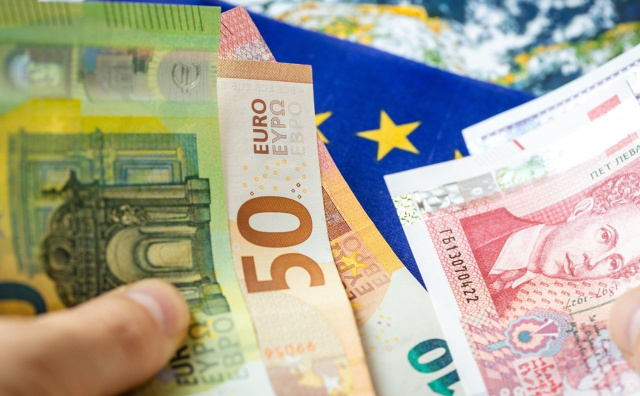A recent European Central Bank study emphasizes the importance of households keeping some cash on hand to cover basic needs during crises, highlighting lessons from four major disruptive events in Europe, including the COVID-19 pandemic and Russia’s 2022 invasion of Ukraine. The research underscores that banknotes hold both practical and psychological value, urging the public to “keep calm and keep cash,” CNN reported. Authorities increasingly recognize cash as a critical element of national crisis preparedness.
The study notes that several European countries already recommend specific cash reserves for emergencies. In the Netherlands, Austria, and Finland, households are advised to keep roughly 70–100 euros per person at home, sufficient for basic needs for around 72 hours. Sweden suggests a week’s worth of cash to cover essentials such as food, medicine, and fuel. Citizens are encouraged to calculate the total value required for their family and to store it in small denominations to enable trade if digital payment systems fail.
Banknotes appeal because, during acute crises, society views them as a reliable store of value and a sustainable means of payment. The report cites an April outage in Spain and Portugal, when widespread power failures forced shops to accept only cash as a reminder of its vital backup role. The authors describe cash as a “spare tire” for the payment system, essential since no system is entirely fail-proof.
The prolonged uncertainty of the COVID-19 pandemic prompted Europeans to hoard cash over an extended period, while Russia’s invasion of Ukraine sharply increased demand for physical currency, particularly in countries bordering Ukraine or Russia. The study concludes that people tend to accumulate portable liquidity in response to nearby potential disruptions.
European authorities have also stressed broader preparedness measures. In March, the European Commission issued guidance recommending citizens stockpile sufficient food and essential goods to last at least 72 hours in a crisis. The document highlighted emerging threats, including war, infrastructure sabotage, and electronic warfare. Sweden and Finland have similarly updated their guidelines to help citizens survive wartime conditions, covering preparations for communication outages, power failures, and extreme weather. Advice ranges from storing bottled water and sanitary supplies to growing edible food at home, aiming to ensure resilience in an increasingly uncertain European landscape.

